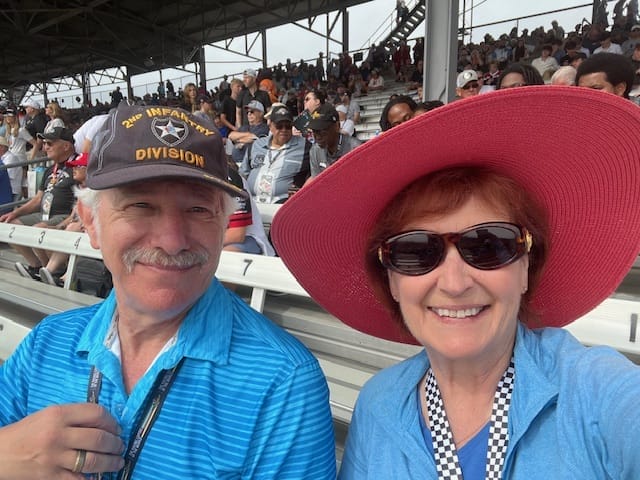As more Baby Boomers get closer to retirement, a fascinating trend is showing up: many are choosing to spend their golden years in RVs. They’re traveling across the country and volunteering in national parks.
This lifestyle brings a sense of adventure and freedom. It also helps retirees stretch their Social Security dollars further.
The Rise of RV Living Among Baby Boomers
Recently, more Baby Boomers have started opting for RV living. The desire for a simpler, more flexible lifestyle is a big driver behind this shift.
For many, settling down in one place just doesn’t sound as appealing anymore. Hitting the road in search of new experiences feels more exciting.
Financial Benefits
One big reason Boomers are drawn to the RV lifestyle is the financial upside. Living in an RV can cut living expenses by quite a bit.
There are no property taxes, and maintaining an RV usually costs less than a traditional home. Plus, many RV parks offer affordable long-term rates, making it easier to manage a budget.
The flexibility of RV living lets retirees move based on their financial needs. They can spend time in areas with a lower cost of living or pick up seasonal work to supplement their income.
This adaptability especially helps those relying on Social Security as their main source of money.
Volunteering in National Parks
Another big draw for many Boomers is volunteering in national parks. Volunteering gives a sense of purpose and community.
Many parks offer free or discounted RV hookups and campsites to volunteers, which saves even more money.
Giving Back to the Community
For retirees, volunteering is a way to give back and help preserve natural resources. Tasks might include trail maintenance, visitor services, or wildlife monitoring.
These activities keep retirees active and let them make a positive impact on the environment.
Building Connections
Volunteering in parks also opens the door to social interaction. Many RVers end up forming tight-knit groups, sharing stories and helping each other out.
This sense of camaraderie can be a real lifeline for retirees who miss the social side of working life.
Challenges of the RV Lifestyle
Of course, the RV lifestyle isn’t all smooth sailing. Regular maintenance and repairs are a constant part of life on the road.
RVs need ongoing upkeep to stay safe and functional. For older models, this can get time-consuming and sometimes expensive.
Health Considerations
Managing health care on the move brings its own headaches. Retirees have to plan for medical services, which isn’t always simple when traveling.
It’s important to have a solid health care plan and to look up medical facilities before heading into new areas.
Staying Connected
Staying in touch with family and friends can be tricky. Technology helps, but internet connectivity in remote spots is still hit or miss.
Retirees need to plan for these gaps and find ways to keep their social ties strong.
Is the RV Lifestyle Right for You?
Deciding if RV living is the right fit takes some real thought. For folks who crave flexibility, adventure, and community, it can be incredibly rewarding.
But you have to be ready for the practical side of life on the road, too.
Planning and Preparation
Before making the jump, thorough research and planning are crucial. Consider the costs, like buying the RV, maintenance, and travel expenses.
It’s also wise to think about health care needs and how you’ll stay in touch with loved ones.
Test the Waters
If you’re on the fence, try renting an RV for a few months. A trial run lets you experience the lifestyle without a long-term commitment.
It might just give you the clarity you need before deciding if full-time RV living is your next chapter.
Conclusion
Baby Boomers are flocking to the RV lifestyle, and honestly, who can blame them? There’s adventure, flexibility, and a real sense of community waiting out there on the open road.
Living in RVs and volunteering in national parks gives retirees a shot at a life that’s both rewarding and a bit easier on the wallet. Still, it’s smart to think through the details and plan ahead—no one wants surprises when they’re miles from home.
If you’re curious about how this trend is picking up steam, take a look at this Business Insider article. It’s worth a read.


